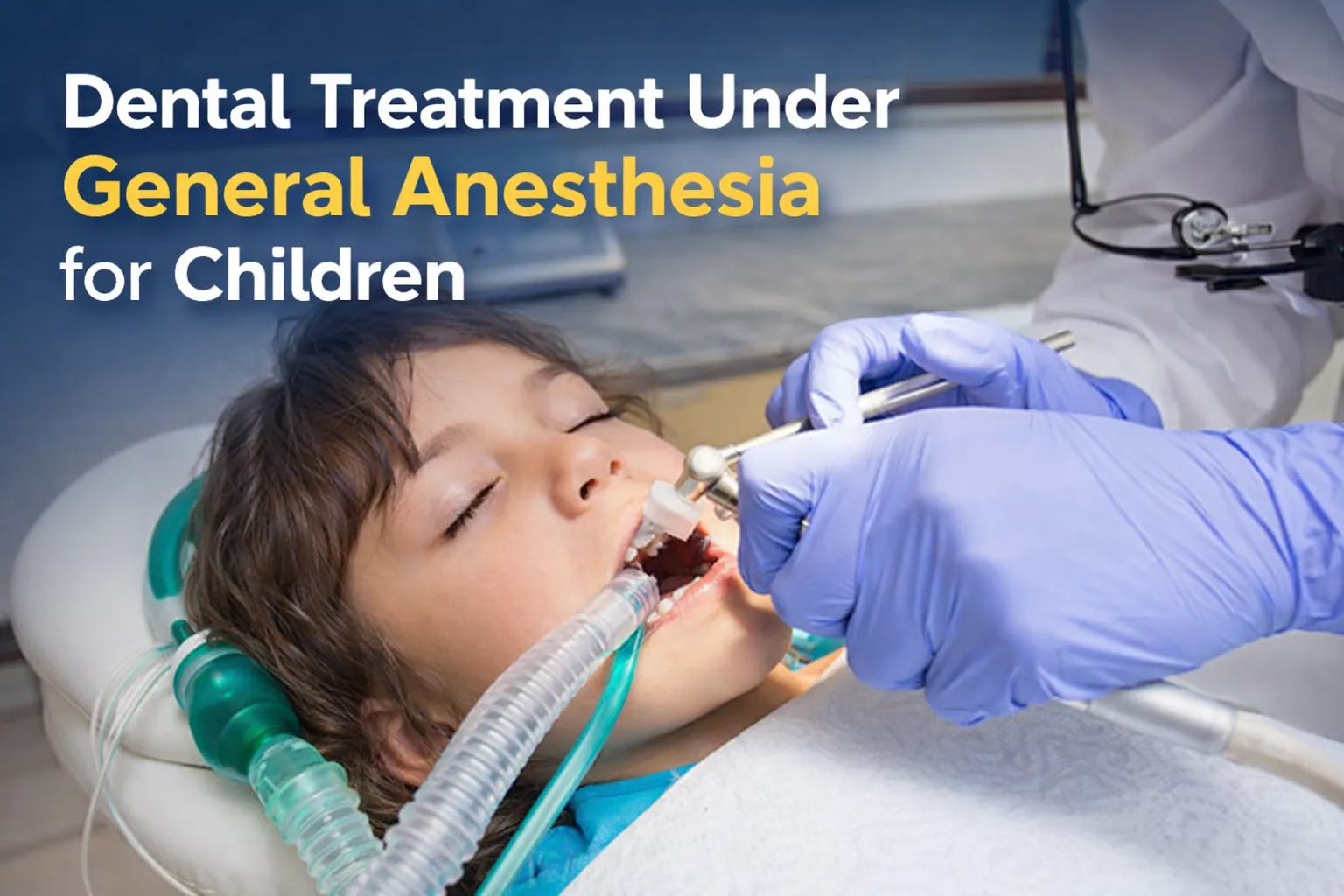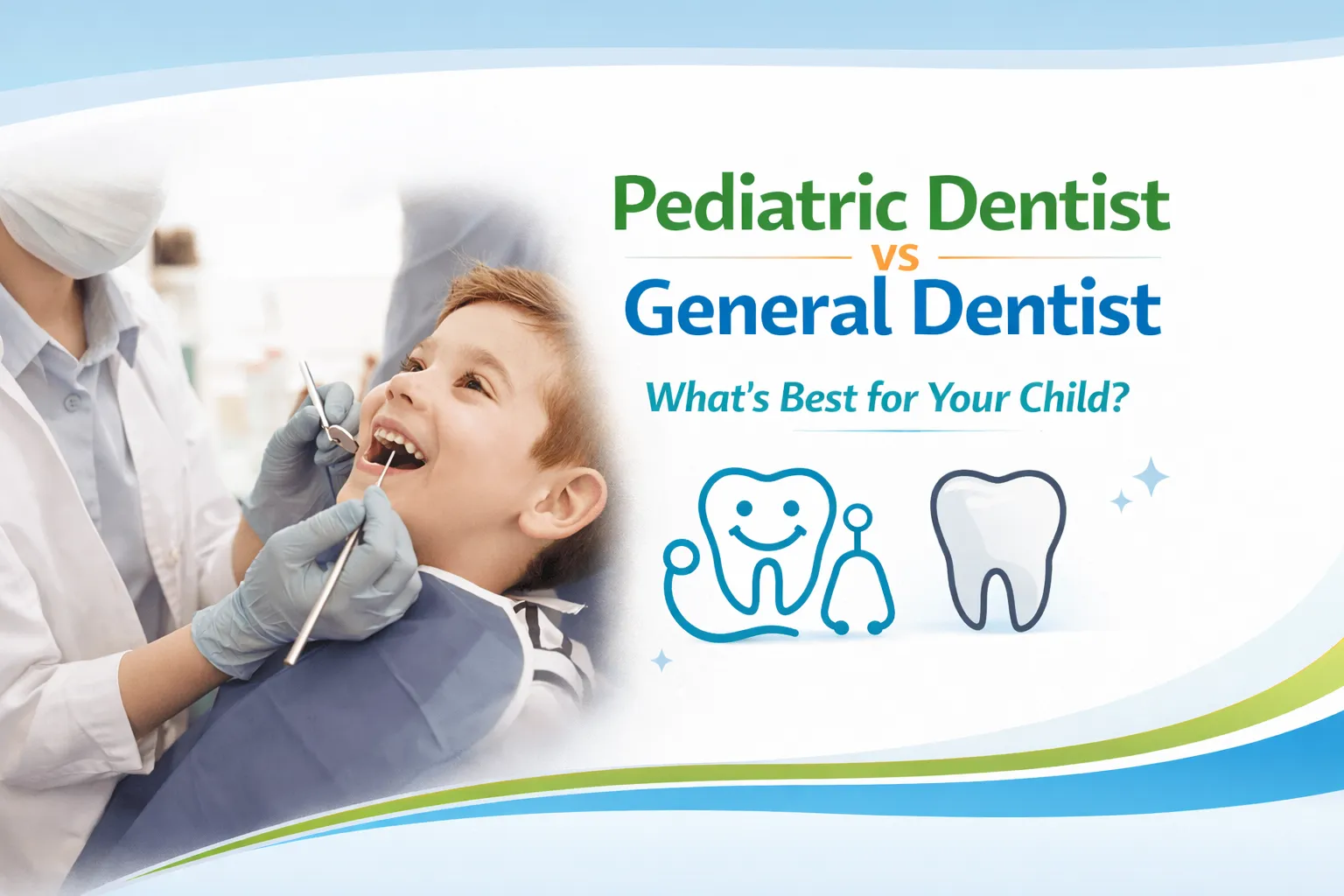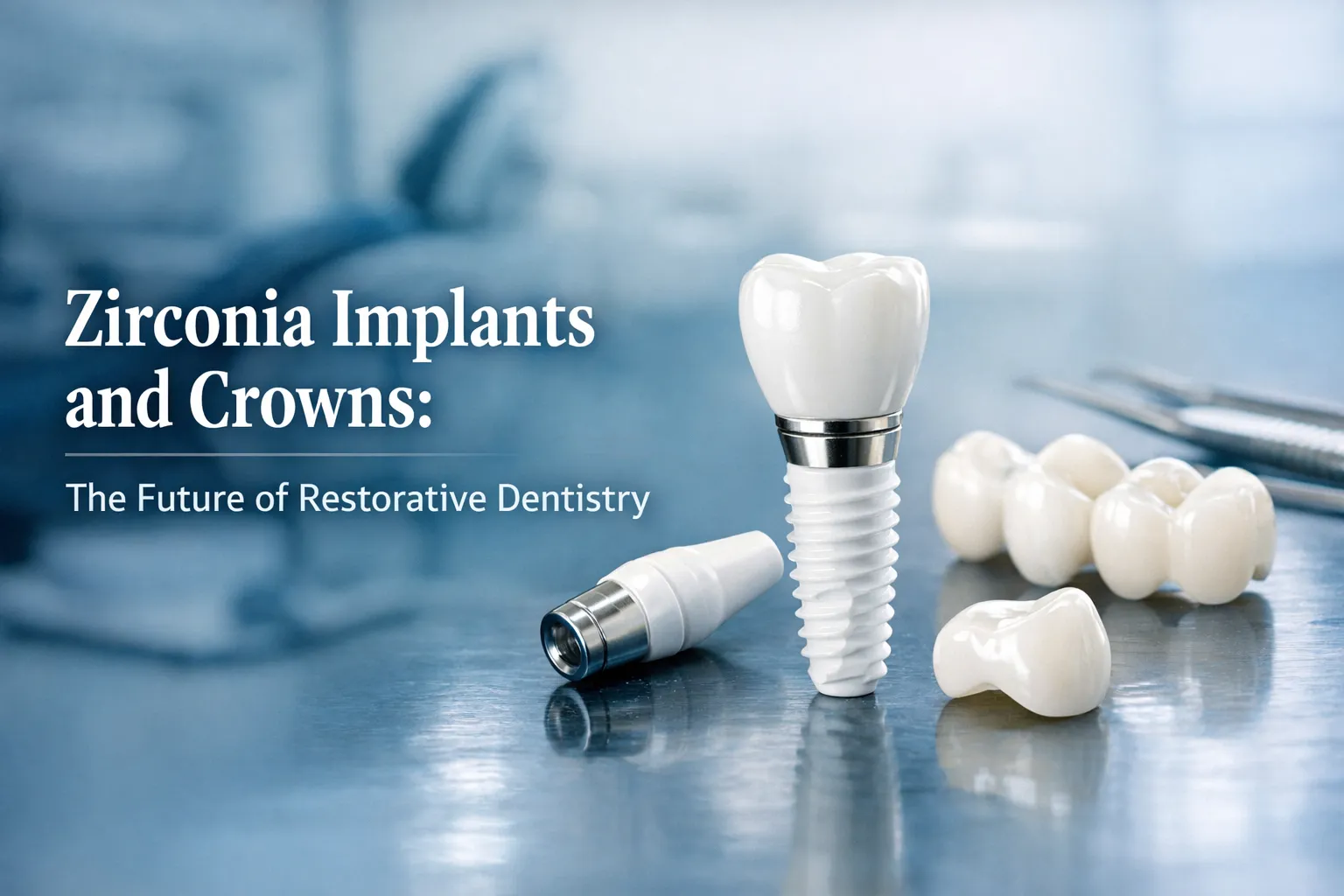A child’s attitude towards dental procedures and difficulties in locating a pediatric dentist willing to provide dental treatment are major challenges in front of the parents having children with autism (special health care needs).
The major challenge with autistic disorder is the failure to develop joint attention, which means lack of curiosity for the environment and incapability of the child to share information during the treatment. Lack of responses to demonstrations and inability to establish personal contacts with the dentist may obscure dental treatment proceedings.
Knowledge and in-depth understanding of basic behavioral patterns are salient in successfully coping with a child with autism at the dental clinic. This case demonstrates the dental care and management of a child with autism at Vanilla Smiles. We felt contented when parents were astonished to see that the whole treatment was a cakewalk without any struggle.
Frequently Asked Questions
1. Why do children with autism face challenges during dental visits?
Children with autism may struggle with sensory overload, communication differences, and difficulty understanding new environments. These factors can make dental visits stressful without proper support and preparation.
2. What is “joint attention,” and why is it important in dental treatment?
Joint attention refers to a child’s ability to share focus with another person. In dental settings, lack of joint attention makes it harder for the child to follow instructions, respond to demonstrations, or cooperate during procedures.
3. How does Vanilla Smiles manage children with autism during dental treatment?
Vanilla Smiles uses individualized behavior guidance techniques, sensory-friendly approaches, visual supports, desensitization, and a calm environment to help children feel safe and comfortable.
4. Are pediatric dentists at Vanilla Smiles trained to treat children with special needs?
Yes. Our pediatric dentists have specialized training in managing children with autism and other special health care needs, ensuring compassionate and effective dental treatment.
5. What role does behavior understanding play in treating autistic children?
Understanding behavioral patterns—such as triggers, sensitivities, or communication styles—helps the dentist tailor the treatment approach and avoid stress for the child.
6. How do you reduce sensory overload for autistic children during treatment?
We use dimmed lights, minimal noise, kid-friendly equipment, comfort objects, and a predictable treatment sequence to reduce sensory distress.
7. Can children with autism undergo treatment without physical restraint?
Yes. With the right preparation, child-friendly tools, and trust-building strategies, most treatments can be completed smoothly and without restraint—as demonstrated in this case at Vanilla Smiles.
8. Do parents need to prepare their child before the dental visit?
Simple preparation helps: visual schedules, social stories, explaining what to expect, and exploring photos of the clinic can make the dental experience easier for the child.
9. What types of dental treatments can autistic children receive at Vanilla Smiles?
They can receive all routine and specialized pediatric dental treatments, including cleaning, fillings, preventive care, sealants, fluoride applications, and more—with adaptations to meet their sensory and behavioral needs.
10. Why do parents appreciate Vanilla Smiles for children with autism?
Parents value our gentle approach, sensory-friendly environment, personalized behavior management, and our ability to complete treatments smoothly and stress-free for the child.
11. Can my child with autism receive preventive treatments like fluoride or sealants?
Yes. Preventive treatments are safe and highly recommended, and we perform them only when the child is completely comfortable.
12. How do you prepare an autistic child for a dental procedure?
We use visual guidance, step-by-step explanation, showing tools first, and creating predictability so the child feels in control.
13. What if my child is non-verbal and cannot communicate discomfort?
Our team is trained to observe behavioural cues, body language, and sensory reactions to identify discomfort and adjust the treatment accordingly.
14. Do you offer desensitization sessions before the actual treatment?
Yes. Multiple short visits help the child get familiar with the dental environment, chair, and instruments before starting full treatment.
15. Can dental problems progress faster in autistic children?
Yes. Due to oral habits, dietary patterns, or difficulty brushing, cavities can form quicker. Regular check-ups help prevent serious issues.
16. How often should an autistic child visit the dentist?
Every 3 to 6 months, depending on the child’s oral health needs and risk factors.
17. Is laughing gas safe for autistic children?
Yes. Laughing gas is safe, mild, and helps relax the child, though its effectiveness varies depending on sensory sensitivity.
18. Can siblings accompany the child during the dental visit?
Usually yes, but we recommend discussing it in advance to avoid distractions or sensory overload for the child.
19. Do autistic children require special toothbrushes or oral care tools?
Some do. We may suggest soft-bristle brushes, silicone brushes, or electric toothbrushes based on the child’s sensory tolerance.
20. How can parents prepare their autistic child for the first dental visit?
Showing pictures of the clinic, practicing “open mouth,” using social stories, and creating a predictable routine can help the child feel secure.
For more information kindly visit our website: https://www.vanillasmiles.dental/
Find clinic here: Get direction
Call Now: +919860633281
Address: Soni Capital, 2nd Floor, Near Shreyas Hotel, 1237, Apte Road, Shivaji Nagar, Pune, Maharashtra 411004 India




